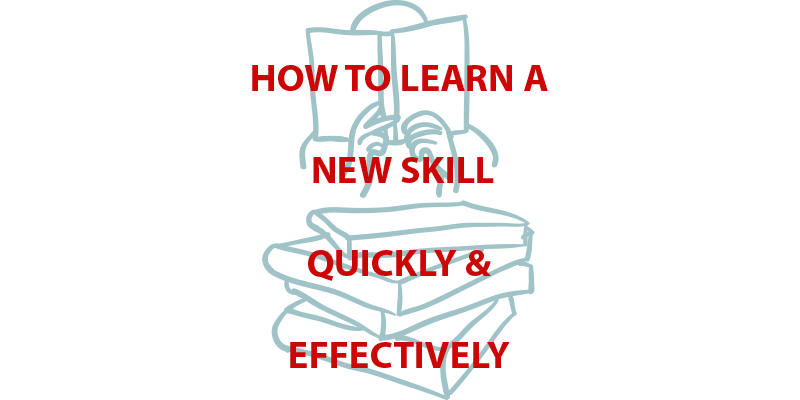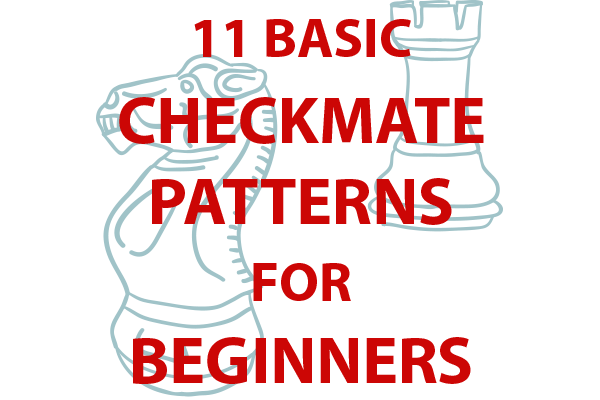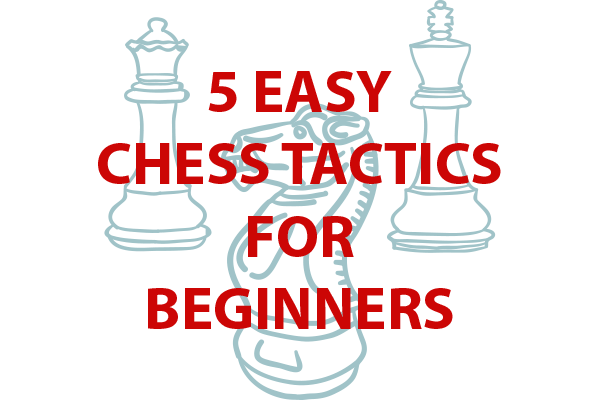


With the world’s information available at our fingertips, there has been no better time in history to acquire new skills. Unfortunately, most of us are either too busy chasing the next social media dopamine hit or are simply overloaded with too much information. Have no fear. If you truly desire to acquire new competencies, this post shows you how to learn any skill quickly and effectively.
Break the skill down to the smaller pieces. For instance, say you are learning a new dance. Instead of cramming an entire move, start by learning the smallest single step of the dance first. Then learn the next small step. After you have learned all the smaller steps in a move, chain them together into an entire movement. But don’t move on to the next movement until you really practice the first. There is a temptation to attempt to input an entire thing in one sitting but that would be information overload. Save yourself the frustration by learning one step at a time.
Get out of your head and start doing. That is, input the whole first move into working memory well enough so that when you are making a mistake you notice and can self-correct. Then, just practice and correct. Essentially, you are creating an internal feedback loop. Simply, repeat the process until you’ve learned all the movements to the dance. Easy, right!
Find a safe and supportive environment. You want to eliminate as many obstacles as you can, before they become obstacles. That is, proactively block off time & space so that you may focus & be in environment that would be most conducive for learning. If the skill you are learning is communal, surround yourself with like minded people for the proper external feedback.
Get a good night’s rest. When you sleep the body redistributes blood to the brain and other vital organs in the body. With this extra blood, the brain takes encoded information from the day and stores it into long-term memory. The active part of this process is during the slow wave and REM sleep phases. In fact, a study showed that subjects who studied cue response pairs while awake and also listened to a record of cues while sleeping, were able to better recall the responses to cues than the control that didn’t receive sleep input.
The Pareto Principle states that 80% of our results come from 20% of our efforts. Use this principle when learning a new skill. That is, find the smaller skills / steps within the skills that are most commonly used. For example, in Swing dancing, the kick-ball-change is used as a smaller step in many larger step sequences. By learning the kick-ball-change as opposed to some rarely used step, you gain access to more sequences. In addition, the steps and principles of the kick-ball-change are very applicable for learning other foundational steps. Think about the Pareto Principle when deciding what skills to learn first.
Building on this principle, a great skill to learn is Speed Reading. To get more information on the powerful skill of Speed Reading, check out 5 Speed Reading Tips + Exercises.
The Zeigarnik Effect states that when you have an incomplete task you remember it better. This finding is a good reason to break up your learning into several smaller sessions repeated over multiple days. By learning in this way, your subconscious will be thinking about the topic during multiple sleep cycles and your ability to learn will be deeper and stronger. Therefore, make the time to break up learning into smaller sessions as opposed to one giant cram session. Disclaimer: Too many unresolved lines can cause stress as a result of the increased load on the subconscious.
“If you can’t explain it simply, then you don’t know it well enough.” The Feynman Technique is a four-step process that allows you to test your knowledge of a subject by simply explaining it as if you were speaking to a child. First, write down the concept. Then, explain the concept using plain language. Next, refer to source material with areas you may be having trouble explaining simply. Finally, identify complex areas and simplify them further. This technique is more apt for improving understanding of complex topics and is less useful for memorization or for topics that are already very simple.
There it is. When learning a new skill quickly and effectively, you should break it down to smaller steps, learn the most important skills first, get the skill on its feet in a safe environment, sleep on it and repeat the process in several smaller sessions. When you’re done, celebrate by doing a little dance.
 A checkmate pattern is a specific identifiable positioning of pieces...
A checkmate pattern is a specific identifiable positioning of pieces...
 Chess is a game with many approaches to improve. Some...
Chess is a game with many approaches to improve. Some...